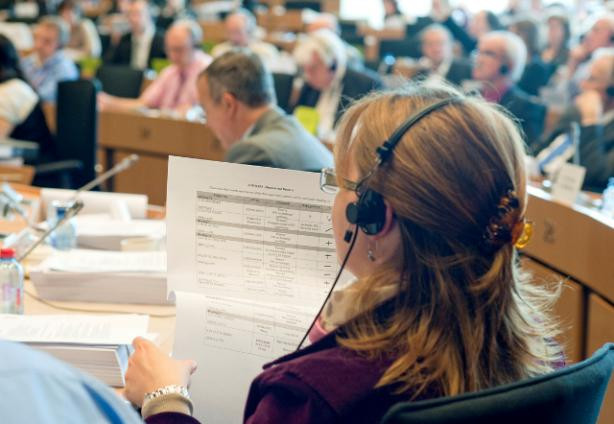The European Parliament has ratified an overhaul of EU civil service rules, which will see staff at European institutions working longer and freezes increases to salaries and pensions for two years.
EU institutions employ more than 40,000 people, including nearly 10,000 in the Grand Duchy, according to the European Commission.
Those institutions’ employees and retirees will not see any gains in their payslips during 2013 and 2014 and “the minimum number of working hours will be raised without financial compensation”, the parliament said on Tuesday, following a vote in Strasbourg.
Salaries and pensions will be calculated under a new formula based on a hybrid of “real remuneration of civil servants in 11 member states” including Belgium, France, Germany and Luxembourg, as well as a “joint index” of the Belgian and Luxembourg national consumer price inflation indicators.
Under a new “crisis clause”, wage and pension increases can be “partially suspended automatically” during times of severe economic recession. Had it been in effect at the time, “this clause would have been triggered in 2009”, according to a parliament press statement.
In addition, the “solidarity levy” has been reintroduced. Starting January 1, EU employees will have to pay-in 6% of their salary “on top of existing income tax”, with senior staff paying 7%.
Working longer
Depending on the institution, EU employees will now work between 40 and 42 hours per week, up from 37.5 hours per week.
The plan also increases retirement age for existing staff from 63 to 65, and to 66 for future hires. Employees will have the option of working until 70 if both they and the institution agree.
The European civil service reform package had been under negotiation between the commission, parliament and the European council of government ministers since 2011. This week’s vote was the final step in the process, and the new rules will come into effect at the beginning of next year.
